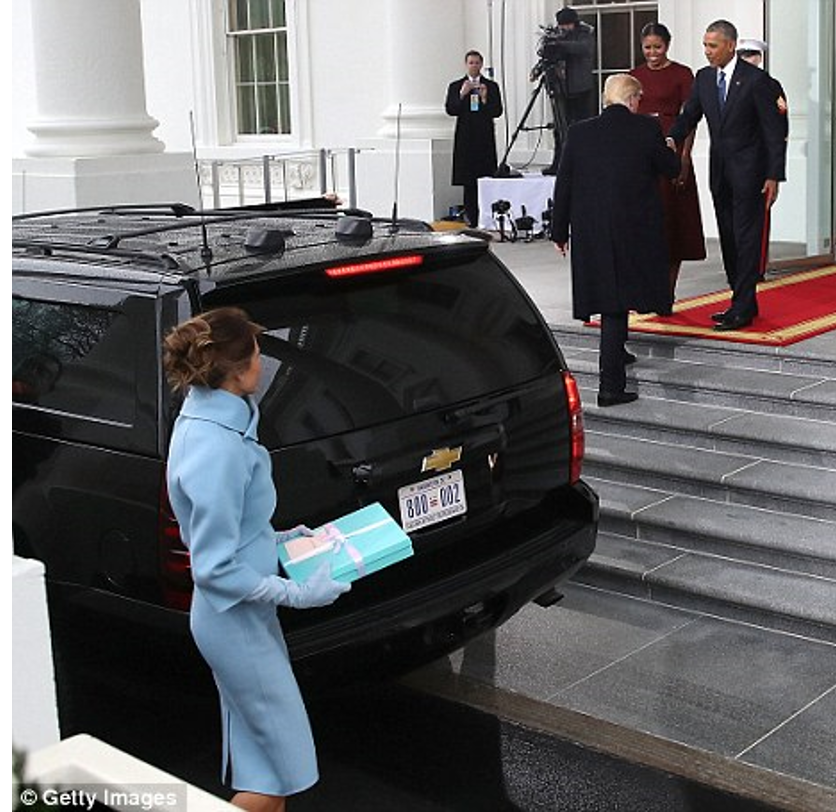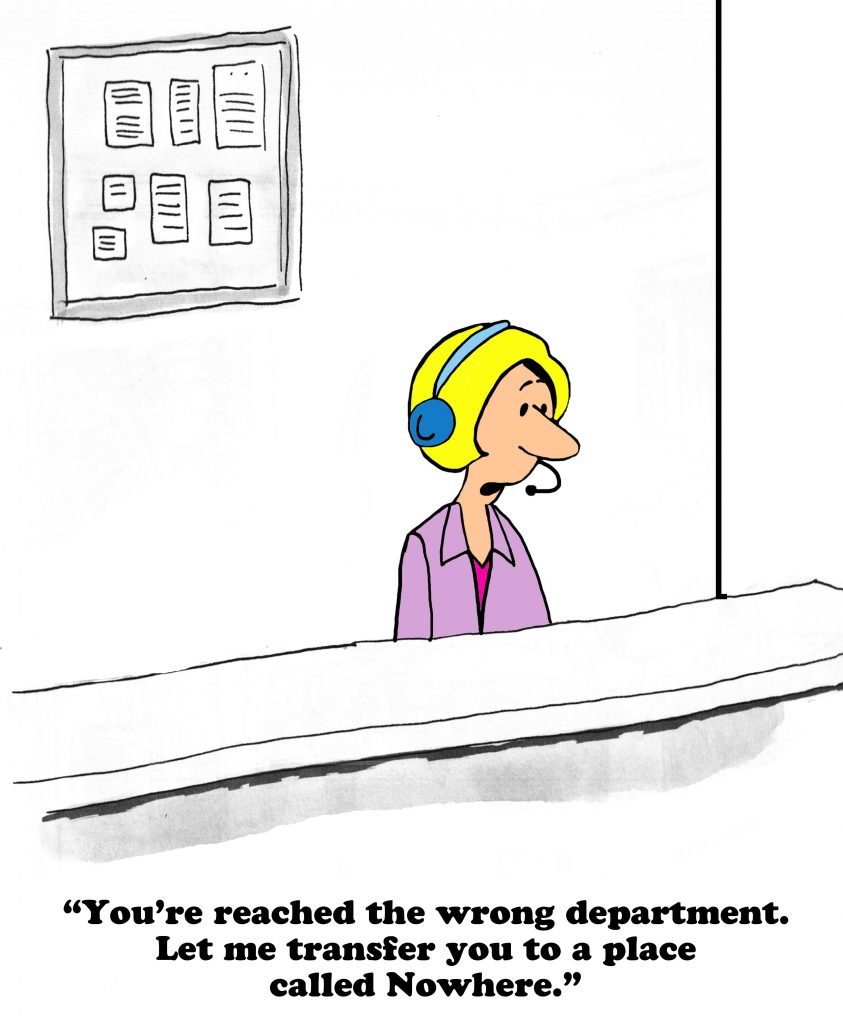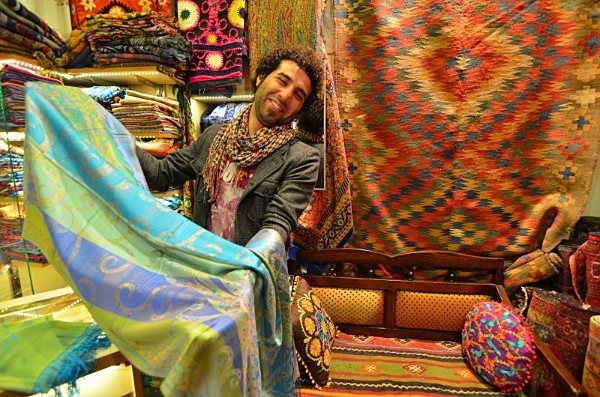
In the modern business world, do we still have time for manners? Manners have been described as the glue that holds society together and also as the oil that makes the engine of life run more smoothly and efficiently.
Either way, is the display of good manners a charming but old fashioned foible that has no place in the shark tank of modern business?
Or are they just as important as they were when these words were written:
“Gentle manners bring to their possessor an influence which, though quietly exerted, is a power for usefulness in the world. In business, all transactions are helped by politeness; many men fail in life because their manner does not make a good impression, because their curtness and lack of good breeding repel others.”
W J Shearer – The Management and Training of Children
This is extracted from The Management and Training of Children by W J Shearer, published in 1904.
Your manners are for the world to see

Many business people would dismiss such Edwardian sentiments with an irritable fly-swatting flap of the hand. After all, who can take seriously an author who believed that children had to be managed and trained. Surely, they should just be left to roam free without boundaries or criticism? But that’s a subject for another day.
But if manners are no longer fashionable or important, why did the entire world lapse into a state of shock when Donald Trump preceded his wife up the steps to the White House when they paid a courtesy call on President Obama before Trump’s inauguration?
Somewhere, deep inside us, we know that manners are important. It’s not an exaggeration to say that, in some circumstances, your very survival could depend on them. Watch this extraordinary video of John King encountering a family of wild silverback gorillas in the Bwindi Impenetrable Natural Park in Uganda.
Fortunately, John had been trained in gorilla manners. Any inappropriate sound or gesture may have been interpreted by the alpha male in the pack as a threat to his status as the leader, or to the safety of his family.
Notice how John immediately adopts a submissive position and remains immobile as the gorilla children and then the female subject him to close inspection and even begin to groom him as though he belonged to their troop.

This is a powerful endorsement of the primal instinct that we humans share that manners were, at some point, essential for our very survival as a species.
In Lynne Truss’ famous book on everyday rudeness, Talk to the Hand, she says that manners fulfil a number of roles in social life and that, arguably, their chief purpose is to make us feel safe in the company of strangers. If that’s the case, they certainly worked perfectly for John King.
Good manners are good for business
But think about that. In your job, unless you work in a mortuary or a wax works, you’re likely to be meeting strangers every day. How do you react to them? If there’s a possibility they may hand over a huge pile of money to buy whatever it is you’re selling, no doubt you’re charming and courteous because you know, instinctively, that nobody wants to do business with someone who openly disrespects them.
But what if they have a complaint? Do you fob them off with a website or a call centre where they can be bounced around for hours until they give up through sheer exhaustion? Do your customers sense the change in your attitude as soon they’ve paid for their purchases? Are you easy to reach after hours if there’s a sale to be made but off-line if it’s a dissatisfied customer?

We live in an age where products and services are almost indistinguishable from each other. A hundred dollars, pounds or euros in one bank is worth the same in every other bank. A pound of cheese is a pound of cheese. The only difference is the experience we have when spending our money.
If your website is not easier to navigate, your store’s merchandise is undifferentiated, or your menu is neither new nor special, it may only be your service that sets you apart.
Without good manners, you won’t even have that advantage.
If you liked, then please subscribe to our YouTube Channel for video content. You can also find us on Twitter, Facebook, Instagram and Linkedin.




